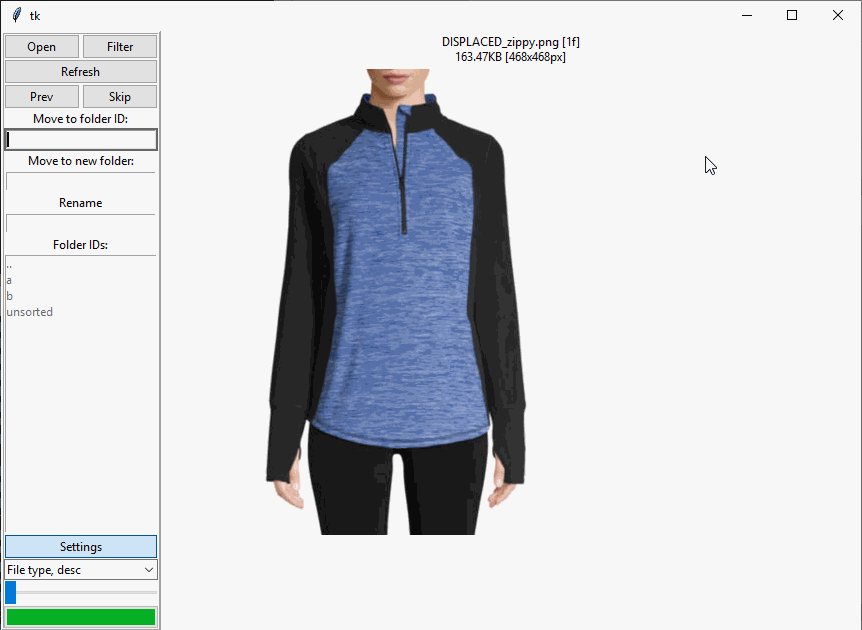Bluesky has very quickly become a serious social media platform. This means it’s having to deal with all the problems social media platforms have to deal with, including impersonation. A lot of people flocked to Bluesky from Twitter, and so recreating something like Twitter’s verification system seems like a natural step.
2024-11-29T20:46:33.430Z6/ We also hear your feedback: users want more ways to verify their identity beyond domain verification. We’re exploring additional options to enhance account verification, and we hope to share more shortly.
But you don’t need to do that! Bluesky’s current verification system is actually very good and does what verification is supposed to do.
In 2022 I wrote a retrospective essay about the “verified account” design pattern on Twitter, which tried to preempt this conversation a little bit, but unfortunately got bogged down a little with Elon breaking Twitter verification. This piece will talk about a lot of the same ideas, but applied more specifically to Bluesky’s ecosystem.
 Verification on Bluesky is already perfect
Verification on Bluesky is already perfect

 please don’t tell anyone how I live
please don’t tell anyone how I live